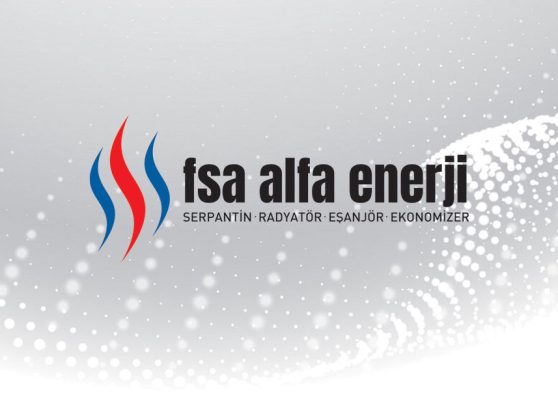Material selection in serpentine manufacturing requires consideration of many factors and can vary depending on the intended use. Here are some important factors to consider in serpentine material selection:
- Thermal Conductivity: It is important that the serpentine material has sufficient thermal conductivity. Good thermal conductivity provides a more effective heat transfer. Generally, metal materials have good thermal conductivity.
- Corrosion Resistance: Since serpentine is often in contact with liquids, it is important that the selected material is corrosion resistant. Corrosion resistance is especially important for coils to be used in chemical or acidic environments.
- Durability: The serpentine material must be long-lasting and durable. Durability is especially important for coils that will operate under high temperature and pressure.
- Cost: The cost of the serpentine material is often an important factor in the selection. The cost of different materials varies, so budget should be taken into account.
- Application: Whichever industry or application the serpentine will be used for, the material should be selected to meet the requirements of that application. For example, serpentines to be used for the food industry must comply with food safety standards.
- Fluids in Contact: The properties of the fluids that will be in contact with the coil also affect the choice of material. For example, special materials should be selected for aggressive or corrosive fluids.
Commonly used coil materials include metals such as stainless steel, copper, aluminum and titanium. However, depending on the requirements and characteristics of the application, polymeric materials may also be preferred. Therefore, factors such as application requirements, performance expectations and budget should be taken into account when selecting the coil material.




